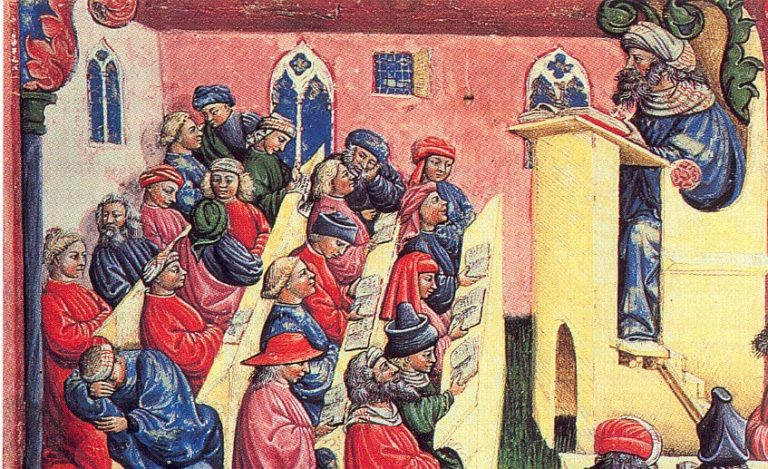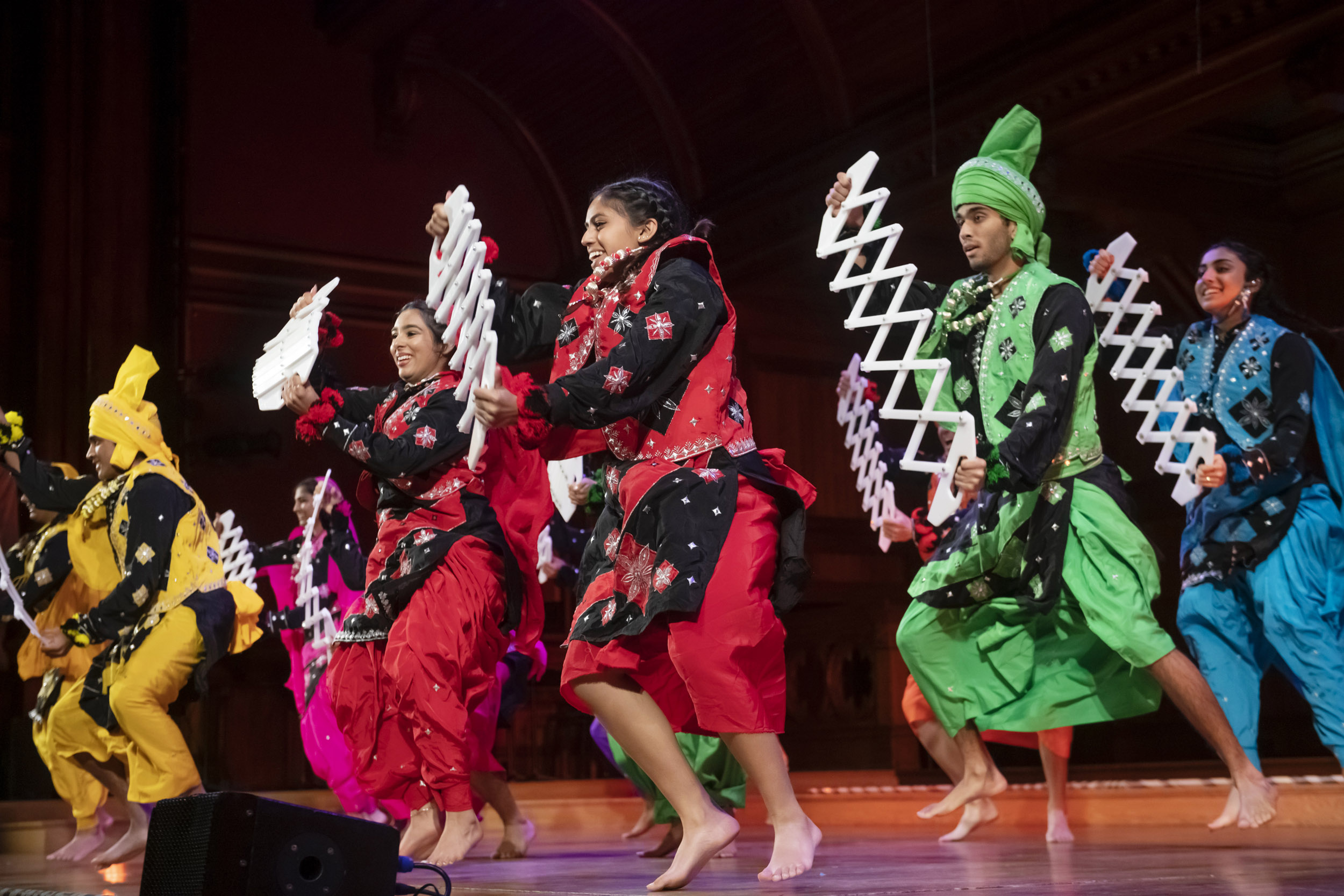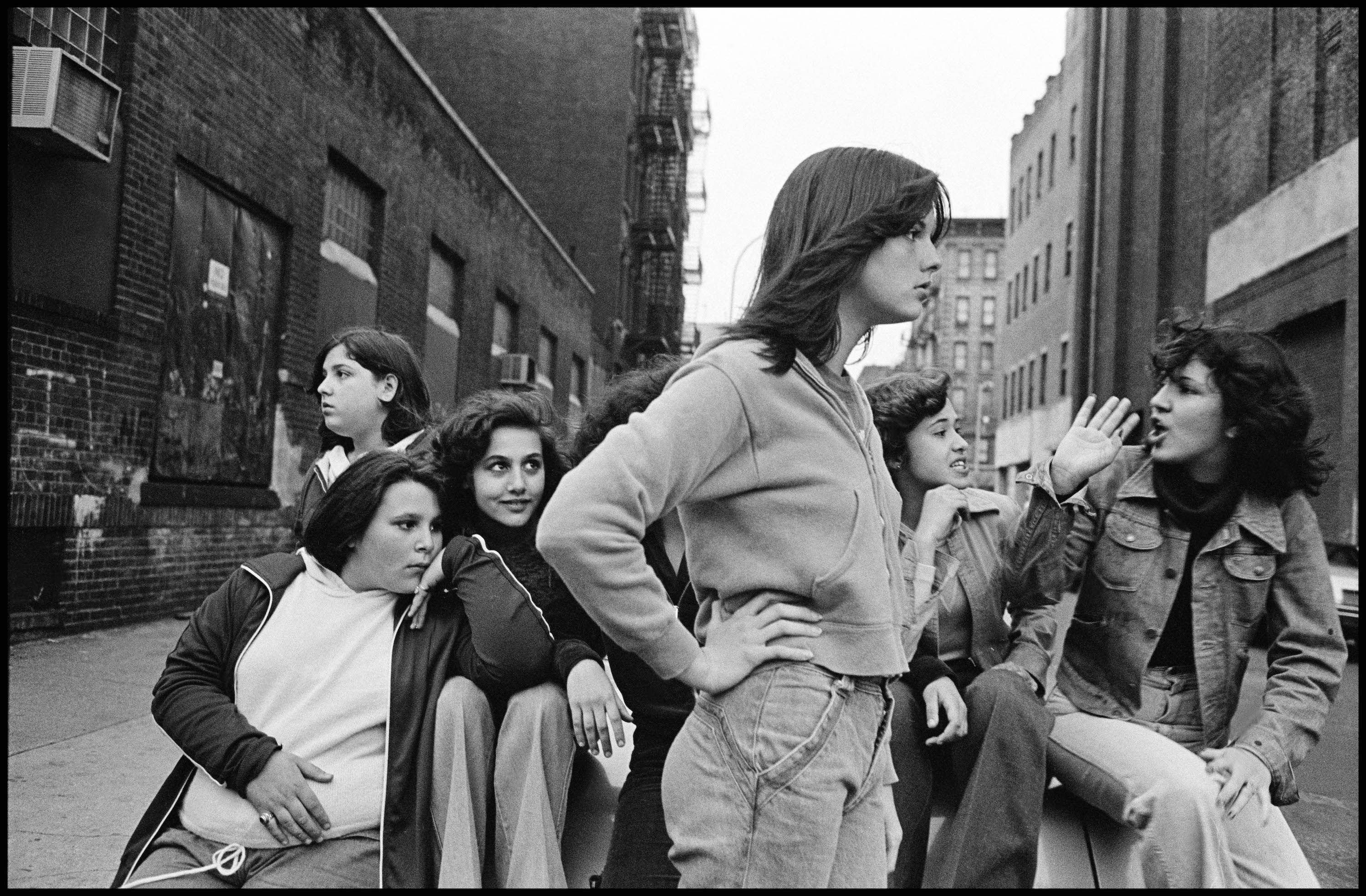The medieval studies conference held at Harvard marks a historic milestone as the Medieval Academy of America celebrates its centennial. Scholars and enthusiasts from around the globe converged in Harvard Yard, engaging in robust discussions and presenting innovative research in the realm of medieval studies. Featuring over 500 presentations, this international medieval conference served as a platform for interdisciplinary dialogue, linking topics from Chaucer and contemporary literature to medieval trade practices. Renowned figures and emerging scholars alike explored the rich tapestry of the medieval world, reflecting on both its historical significance and contemporary relevance. As the academic community unites to explore these crucial themes, the conference proves to be not just a celebration of a century of scholarship, but a vibrant catalyst for future inquiry in the field.
At the core of this academic gathering, the exploration of medieval history and culture unfolds, bringing to light the relevance of ancient narratives in modern academia. Participants delved into assessments of historical texts, while others examined the intricate connections between medieval literature and today’s literary landscape. With a variety of sessions dedicated to topics such as the societal implications of trade agreements and the revival of cultural practices, this gathering embodies the spirit of interdisciplinary medieval studies. Engaging with themes from the Mediterranean to the British Isles, the event showcased the breadth of scholarship that bridges past and present, paving the way for a deeper understanding of our shared human heritage.
Celebrating 100 Years of Medieval Studies at Harvard
The recent celebration of the 100th annual meeting of the Medieval Academy of America marked a significant milestone in the field of medieval studies, especially for Harvard University. With over 800 academics participating, this conference not only highlighted the rich history of the Medieval Academy but also underscored the dynamic and evolving nature of this scholarly discipline. Harvard has long been a central hub for medieval studies, and the gathering attracted scholars from different backgrounds to share their insights, fostering a vibrant dialogue that connects the past with contemporary issues.
This centennial event was an opportunity for medievalists to reflect on the remarkable transformations that have occurred over the last century in the field of medieval studies. Sean Gilsdorf, the administrative director of the Committee on Medieval Studies, remarked on the excitement of returning to Harvard for this occasion. The conference served as both a retrospective examination and a forward-looking approach, where scholars could contemplate future directions in their research and collaboration, demonstrating the longevity and sustainability of medieval scholarship in a rapidly changing academic landscape.
The Interdisciplinary Nature of Medieval Studies
One of the most notable aspects of this year’s Medieval Academy conference was its interdisciplinary approach. Scholars from various fields converged to discuss topics ranging from medieval literature to historical trade agreements. For instance, Eileen O’Grady highlighted presentations that bridged gaps between literature and history, like those of Elena Shadrina and Colin Brady. This blending of disciplines not only showcases the complexity of medieval studies but also fosters innovative insights that can emerge from collaborative research efforts.
Interdisciplinary approaches are crucial for understanding the multifaceted nature of medieval societies. The presentations at the conference exemplified how exploring medieval themes through different academic lenses enriches our comprehension of historical narratives. Scholars shared research that connected literary works, like Chaucer’s *The Canterbury Tales*, with contemporary societal issues, thus demonstrating the relevance of medieval studies in today’s world. This global perspective also encourages a reevaluation of how medieval societies interacted with diverse cultures, further emphasizing the importance of interdisciplinary study across geographic boundaries.
Geoffrey Chaucer: A Bridge Between Medieval and Contemporary Literature
Geoffrey Chaucer, renowned as the father of English literature, served as a vital reference point during discussions at the recent medieval studies conference. His works, particularly *The Canterbury Tales*, resonate with themes of truth and speculation that are starkly present in contemporary literature. The conference highlighted the relevance of Chaucer’s insights into the nature of rumor and reality, linking them to modern narratives such as Patricia Lockwood’s *No One Is Talking About This*, which reflects on the distortion of truth in the internet age.
Scholars like Fernanda García-Oteyza emphasized the parallels between Chaucer’s exploration of poetic authority and the contemporary literary landscape. By drawing connections between historical and modern contexts, the conference demonstrated how Chaucer’s explorations into the complexities of narrative can inform current discussions about authenticity and interpretation in literature. Such dialogues enrich our understanding of how medieval texts continue to shape and influence modern literary discourse.
Global Perspectives in Medieval Studies
This year’s conference also made strides in promoting a global understanding of the medieval era. Presentations spanned various regions, including the Mediterranean, Scandinavia, and Asia, showcasing the diversity of scholarship within medieval studies. This emphasis on international perspectives encourages scholars to consider the interconnectedness of medieval cultures, illustrating that the medieval world was not insular but rather a tapestry of interactions among different civilizations.
The global approach aligns with the Medieval Academy’s commitment to expanding the scope of medieval studies beyond traditional Western narratives. By including discussions on underrepresented regions and cultures, scholars are urged to think critically about the broader implications of their work. Workshops focused on teaching the Global Middle Ages allow new generations of academics to engage with these diverse perspectives, fostering a community that values inclusivity and interdisciplinary dialogue.
Returning to Harvard: A Homecoming for the Medieval Academy
The 100th annual meeting of the Medieval Academy of America at Harvard was particularly poignant, serving as a homecoming for many scholars who value the institution’s rich legacy in medieval studies. Established in Cambridge and Boston, the Medieval Academy has its roots deeply embedded in the scholarly fabric of Harvard. The return to campus after decades sparked enthusiasm among participants, who reminisced about the vibrant intellectual exchanges that have long characterized this academic community.
As Sean Gilsdorf noted, hosting the conference at Harvard provided a platform not only to celebrate historical accomplishments but also to encourage forward-thinking discussions among attendees. The event was a great opportunity for both seasoned scholars and emerging voices to connect, share their ideas, and ultimately shape the future of medieval studies in an ever-evolving academic landscape. This reconnection with the academy’s roots invigorated participants and served as a reminder of the importance of continual growth and adaptation within the field.
The Role of Workshops in Medieval Studies Conference
Workshops played a pivotal role at the Medieval Academy of America’s recent conference, enhancing the exchange of ideas among academics. These interactive sessions not only provided deeper insights into specific medieval topics, but they also encouraged collaborative learning through discussion and networking. For instance, the daylong pedagogy workshop on teaching the Global Middle Ages exemplified this collaborative spirit, guiding graduate students and early-career scholars in broadening their understanding of the medieval world.
Such workshops are crucial for developing teaching methodologies that reflect an inclusive approach to medieval studies. They empower participants to integrate global contexts into their curricula, ultimately enriching students’ educational experiences. By fostering an environment where attendees can share best practices, the conference reinforces the importance of mentorship, encouraging a new generation of scholars to engage critically with medieval studies while honoring the field’s rich tradition.
Advancements in Medieval Scholarship: Looking Ahead
The Medieval Academy of America’s centenary conference served not only as a celebration of past achievements but also as a reflective space for contemplating future advancements in medieval scholarship. Scholars expressed a shared commitment to pushing the boundaries of traditional research areas, aiming to explore underrepresented topics and themes that can reinvigorate the study of medieval studies. The discussions prompted attendees to consider how contemporary issues intersect with historical narratives, creating avenues for innovative explorations.
Looking ahead, scholars emphasized the importance of interdisciplinary collaboration and the integration of new methodologies into medieval studies. As the field evolves, there is a growing recognition that embracing technological advancements and diversifying approaches will be key to its relevance in the academic landscape. By remaining open to new perspectives and adapting to changing contexts, medieval studies can continue to contribute meaningfully to broader conversations in the humanities and beyond.
Networking and Collaboration at the Conference
A significant benefit of attending the recent medieval studies conference at Harvard was the ample opportunity for networking and collaboration among scholars. For many participants, the event served as a unique platform for encountering peers, mentors, and even literary heroes in person. As Emily Sun noted, the experience of engaging with fellow academics fosters an invaluable network that extends beyond individual presentations and papers. This camaraderie is vital in creating a supportive community within the field of medieval studies.
Interpersonal interactions during the conference paved the way for collaborative projects and future partnerships. Such academic networking is essential for the exchange of ideas and the development of joint research endeavors, ultimately enhancing the scholarly output of the medieval studies community. By connecting scholars from various disciplines and backgrounds, the conference reinforced the idea that collaboration enriches the academic experience and drives progress within the field.
Exploring New Directions in Medieval Studies
As scholars gathered for the Medieval Academy’s recent conference in Harvard, there was a palpable sense of excitement surrounding the exploration of new directions in medieval studies. Attendees engaged in discussions that highlighted the importance of addressing contemporary issues through the lens of medieval scholarship. By reflecting on historical events and cultural practices, researchers are able to draw parallels to modern societal challenges, thereby extending the significance of medieval studies into current debates.
This forward-thinking approach encourages scholars to re-examine established narratives and to innovate in their methodologies. The diversity of research presented at the conference indicates a rich tapestry of topics that span traditional subjects while also delving into unexamined areas. By maintaining a focus on interdisciplinary connections, medieval studies can remain adaptive and relevant, ensuring its ongoing evolution and impact in the academic and broader cultural spheres.
Frequently Asked Questions
What key themes were discussed at the Medieval Academy of America conference?
The Medieval Academy of America conference featured key themes such as the intersection of medieval studies with contemporary literature, as demonstrated by discussions on Chaucer’s influence on modern works like Patricia Lockwood’s ‘No One Is Talking About This.’ Other themes included medieval trade agreements, the revival of historical festivals, and the global scope of medieval scholarship.
How has the medieval studies conference evolved over the past century?
Over the past century, the medieval studies conference, specifically organized by the Medieval Academy of America, has evolved significantly to reflect interdisciplinary approaches and a broader global perspective. It now engages scholars from diverse regions and areas of study, encouraging discussions on the Mediterranean, the British Isles, and beyond.
Who presented at the recent international medieval conference held at Harvard?
At the recent international medieval conference held at Harvard, a variety of scholars presented their research, including Fernanda García-Oteyza on Chaucer’s relevance, Elena Shadrina on medieval trade agreements, and Colin Brady on the revival of the Óenach Tailteann. The event showcased work from over 800 academics, with 500 speakers sharing insights across multiple disciplines.
What can attendees expect from the workshops at the medieval studies conference?
Attendees at the medieval studies conference can expect workshops to offer hands-on learning experiences that cover a range of topics, such as teaching methodologies for the Global Middle Ages. These sessions facilitate engagement with current scholarship trends and encourage interdisciplinary discussion among medievalists.
Why is the Medieval Academy of America conference significant for medievalists?
The Medieval Academy of America conference is significant for medievalists as it serves as a premier gathering for scholars to share research, network, and discuss the evolution of medieval studies. It’s a platform that celebrates a century of scholarship, fostering collaboration and innovation in the field.
How do medieval studies conferences impact graduate students?
Medieval studies conferences impact graduate students by providing opportunities to engage directly with established scholars, present their research, and expand their academic networks. These events are invaluable for professional development, offering real conversations and feedback that enhance their scholarship.
What was the focus of discussions related to Geoffrey Chaucer at the conference?
Discussions related to Geoffrey Chaucer at the conference focused on his works’ continued relevance, particularly in relation to themes of poetic authority and the distortion of truth, drawing parallels between his medieval context and contemporary literature.
How frequently does the Medieval Academy of America hold its conferences?
The Medieval Academy of America holds its conferences annually, with this year marking its 100th meeting, emphasizing the longevity and ongoing relevance of research in medieval studies.
What interdisciplinary aspects were highlighted at this year’s medieval studies conference?
This year’s medieval studies conference highlighted interdisciplinary aspects by embracing various fields such as literature, history, religion, and more, encouraging participants to explore medieval topics from multiple perspectives and cultural contexts.
| Key Point | Details |
|---|---|
| Medieval Academy of America Celebrates 100 Years | Hosted its annual conference at Harvard, highlighting its long history. |
| Interdisciplinary Audience | Over 800 scholars gathered from 23 countries for presentations and workshops. |
| Focus on Misinformation and Literary Authority | Discussion on Chaucer’s historical concerns mirrored in contemporary literature. |
| Diverse Presentations | Topics ranged from medieval trade agreements to modern adaptations of classic texts. |
| Importance of In-Person Interaction | Participants emphasized the value of networking and direct discussions post-COVID. |
Summary
The medieval studies conference was a remarkable event that underscored the growth and evolution of the field over the past century. Scholars from diverse backgrounds and disciplines came together to explore the enduring relevance of medieval literature and its intersections with modern issues, such as misinformation. This gathering not only fostered academic exchange but also provided a platform for discussing the future of medieval studies, ensuring that the contributions of this vibrant discipline continue to resonate in our contemporary world.



